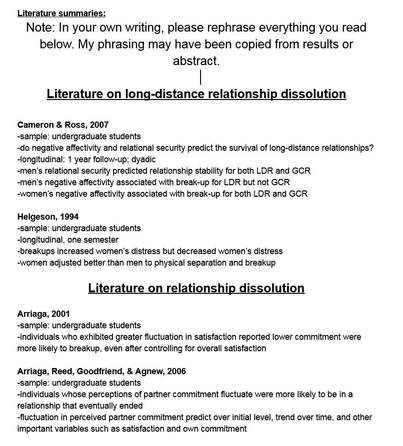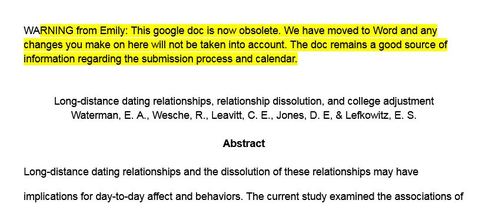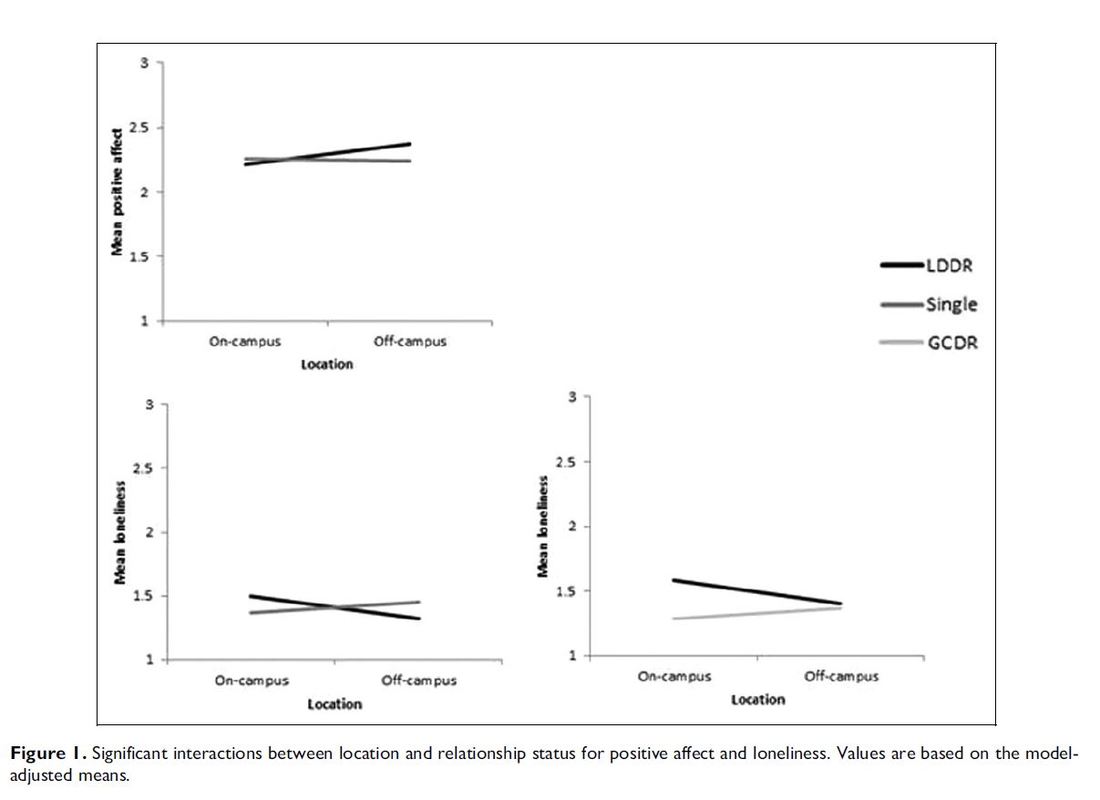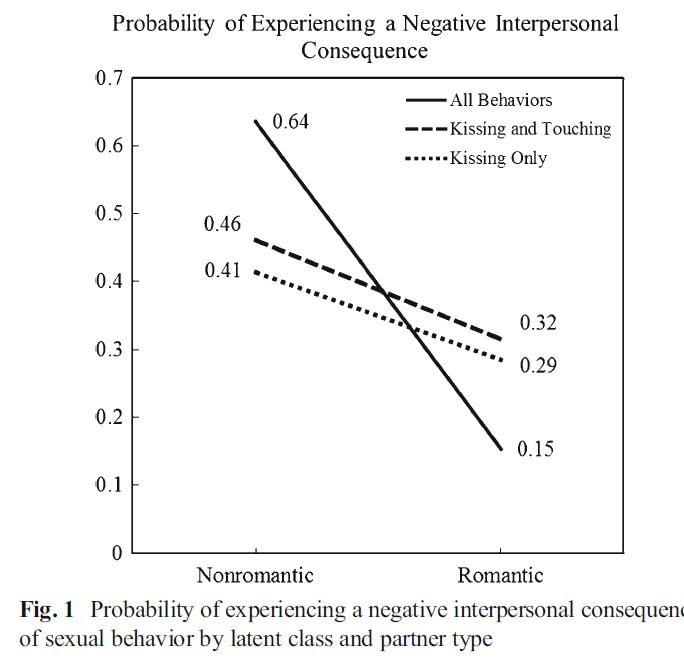Occasionally, we have a paper that is about neither sex or romantic relationships.
In this paper, we considered how students’ perceptions of their mothers’ and fathers’ parenting characteristics when they were growing up, and now, were associated with their academic engagement. We considered authoritative, permissive, and authoritarian parenting style when growing up, as well as current relationship quality, and measured multiple aspects of academic engagement: attitudes (importance of grades), behaviors (attendance), and performance (GPA). We found that students with more permissive mothers viewed grades as less important than other students. Men with more authoritarian mothers tended to view grades as more important, and this association was weaker for women. Women with more authoritarian mothers tended to attend class less frequently and have worse GPAs, and this association was weaker for men. Finally, men with better relationships with their fathers tended to view grades as more important, and this association was weaker for women.
Findings provide some support for Bronfenbrenner’s (1986) ecological systems theory, in that mothers’ parenting style and fathers’ relationship quality were associated with emerging adults’ academic engagement. Earlier parenting style and current parent–offspring relationship quality may be important not only in adolescence, when individuals live in closer proximity to their parents, but effects may continue to matter in emerging adulthood. This phenomenon appears to be stronger for academic attitudes than for academic behavior or performance. Additionally, results suggest that individuals’
characteristics, specifically gender, interact with the microsystem (Bronfenbrenner, 1986), with parenting characteristics associated in different ways for young men and young women.
“How Parentings Characteristics Are Associated With College Students’ Academic Engagement first appeared on Eva Lefkowitz’s blog on July 31, 2018.”








 RSS Feed
RSS Feed
